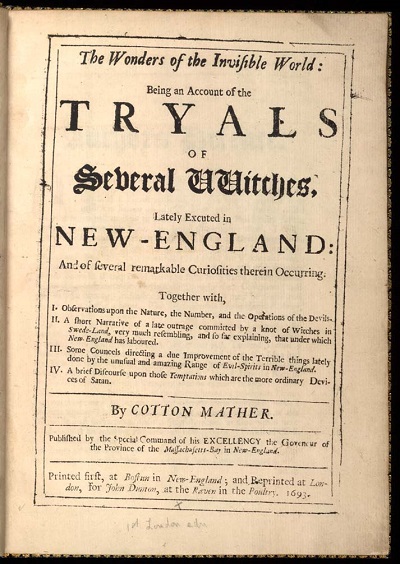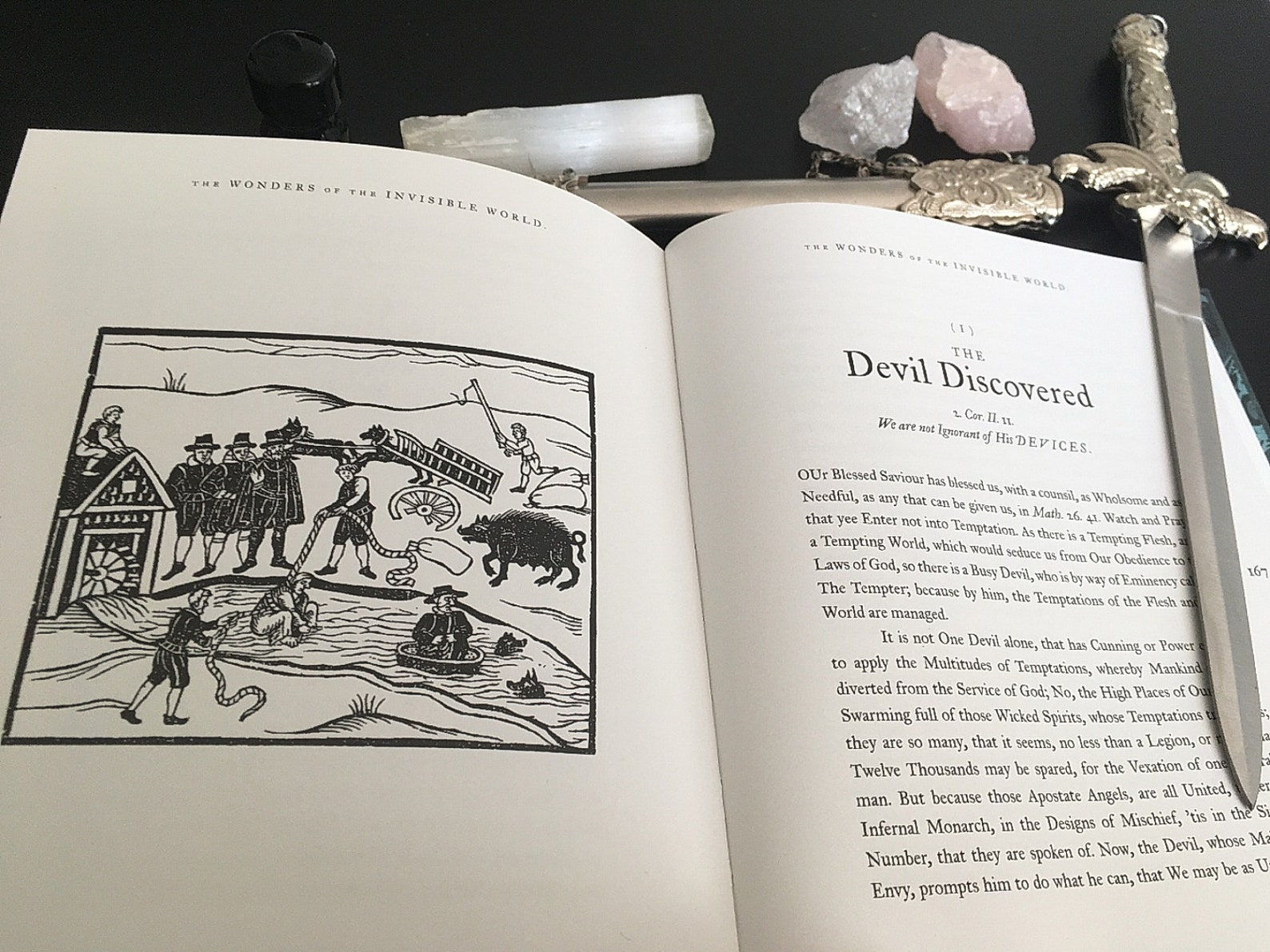
In the Mathers’ minds, having a Roman Catholic on the throne of England threatened the character of English identity and the Puritan faith alike. They also feared King James’ Catholicism. As Puritans, the Mathers despised Andros’ sympathetic stance toward the Church of England, which leading Puritans had vigorously fought against since their arrival in North America. Many prominent New Englanders resented the repeal of their previous colonial charters, so as soon as they heard about James’ overthrow, they made their move.īoth Cotton Mather and his father had opposed Andros’ rule from an early date. James, a Roman Catholic, had been incredibly unpopular among his countrymen, as was his New England representative, Governor Edmund Andros. This famous coup d’état saw King James II overthrown by the Dutch-born William of Orange and his English wife, Mary. The Boston Revolt of April 18th, 1689, can be seen as the New England theater of the so-called Glorious Revolution in England. The Boston Revolt of 1689 Portrait of Sir Edmund Andros, by Mary Beale, late 17th century, via Encyclopedia Virginia Given his multitude of interests and opinionated personality, this seems to have been a suitable outlet.ġ. That being said, Cotton Mather did start to make a name for himself as a writer after his ordination. Unfortunately for Cotton Mather, however, his father’s power and influence would eclipse his own well into the 1690s. In this role, the Mather family’s influence in Boston remained strong well into the eighteenth century. In 1685, Increase Mather appointed his son as his co-minister at Boston’s Second Church. Unfortunately for him, he would never earn his father’s title as Harvard’s president. Young Cotton followed his father to Harvard, graduating with a Master of Arts degree at the age of eighteen.

Increase Mather had studied at Harvard College in Boston, going on to serve as the institution’s president from 1685 to 1701.
:max_bytes(150000):strip_icc()/GettyImages-640472641-554b916eb94c418092157786bb318314.jpg)


Both of his grandfathers, John Cotton and Richard Mather, had been important Puritan ministers. The Early Life of Cotton Mather Cottonus Matherus (Cotton Mather), by Peter Pelham, 1728, via the Metropolitan Museum of ArtĬotton Mather was born on February 12th, 1663 - the son of Puritan theologian Increase Mather and Maria Cotton.


 0 kommentar(er)
0 kommentar(er)
